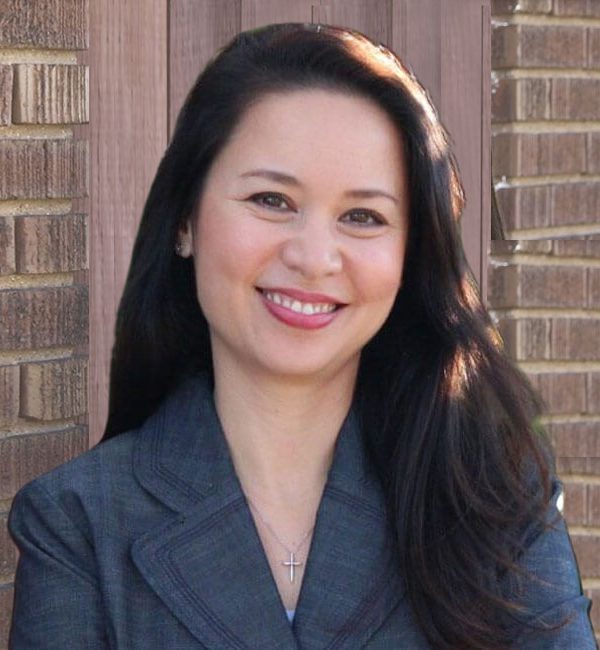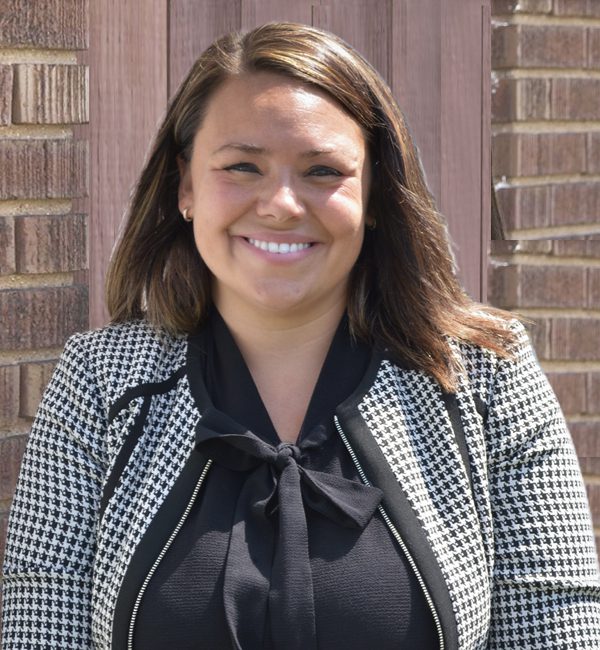While Ohio law permits self-representation, handling your own divorce is rarely advisable. Divorce involves complex legal procedures, property division calculations, and potential custody arrangements that require a thorough understanding of state law. Without proper legal guidance, you risk making costly mistakes that could affect your financial future and parental rights.
Divorce
North Canton Divorce Lawyer
No matter how long you’ve been married to your spouse, divorce is rarely easy. During the process, you’ll be forced to address such issues as spousal support and division of marital property. If you have minor children, you must also take into account custody, support, and parenting time. The stress can be overwhelming if you don’t know the law and don’t understand your rights.
At Fout Law in North Canton, OH, the divorce practice group will advocate on your behalf throughout the dissolution of marriage process. As a trial lawyer, divorce attorney, and mediator, attorney Teresa Fout brings a wide array of skills to the table. Our team’s strengths are experience and knowledge in all types of divorce matters, and we’re committed to explaining your options so you can make informed decisions about your future.
Overview of Divorce in Ohio
When things are starting to break down in your marriage and divorce becomes imminent, you need the support of a qualified legal advocate. Depending on your circumstances, you may need representation in connection with:
- Property Division: Ohio law requires an equitable division of marital property between divorcing spouses, but disputes are common. A lawyer can explain your rights and ensure you get your fair share.
- Issues Related to Minor Children: It’s necessary to cover support, custody, and parenting time for children during a divorce. Ohio law favors shared parenting, which gives both parents responsibilities for care and upbringing. Financial support will be ordered based on the best interests of the child.
- Spousal Support: Where appropriate, a court may order alimony for one spouse who requires support to maintain a reasonably comfortable lifestyle.
Understanding Your Divorce Options
Many people picture divorce as a heated battle that takes place in a courtroom, but there are other options for the process.
- Mediation incorporates a third-party, neutral professional whose purpose is to facilitate agreement on disputed matters. Benefits include:
- Avoiding a long, expensive legal battle in court;
- Finding common ground where couples think it’s impossible;
- Helping ex-spouses remain amicable once the process is complete.
- Collaborative law is a means of addressing divorce matters out of court, where a team of trained attorneys meets with couples to settle disputes. Through a series of meetings, the parties can resolve their differences according to their individual needs.
- Litigation may still be necessary to go to court to address divorce disputes. Our team is by your side throughout the litigation process.
Talk to an Ohio Divorce Attorney About Your Matter
Divorce may not be easy, but you can take action to ensure the process moves forward efficiently and with minimal stress. Your first priority is to retain the services of an experienced lawyer who is both knowledgeable in the law and compassionate about the challenges you face. If you have questions about the divorce process, please contact Fout Law in North Canton, OH at 330-437-7455 or send us a message online. We can schedule a consultation to discuss your case and explore your legal options.
FAQs About Divorce in Ohio
What should I do to prepare for a divorce?
Begin by gathering important financial documents, including bank statements, tax returns, property deeds, and information about your retirement accounts. Create an inventory of assets and debts accumulated during your marriage. Consider your living arrangements and, if you have children, think about custody preferences. Most importantly, consult with a qualified divorce attorney as early in the process as possible. Proper preparation helps streamline proceedings and can significantly impact the final settlement terms.
Should I file for a fault or no-fault divorce?
Ohio allows both fault and no-fault divorces. No-fault divorces, based on incompatibility or living separately for one year, are typically faster and less contentious. Fault-based divorces require proving misconduct like adultery or cruelty, which can be time-consuming and expensive. However, fault grounds may influence property division and spousal support decisions in certain circumstances. Your attorney can help determine which approach best serves your specific situation and goals.
What are the benefits of keeping my divorce out of court?
Alternative dispute resolution methods offer several advantages. These approaches typically cost less than litigation, resolve cases more quickly, and maintain your privacy. They also allow you to maintain better communication with your former spouse, which is particularly valuable when children are involved.
What are some tips to manage stress during divorce?
Focus on self-care by exercising, maintaining adequate sleep, and adopting healthy eating habits. Build a strong support network of friends, family, or support groups who understand what you’re experiencing. Consider meeting with a therapist to process emotions and develop coping strategies. Remember that this difficult period is temporary, and taking care of yourself will help you make better decisions.
Fill out this form, and we’ll set up a consultation!



